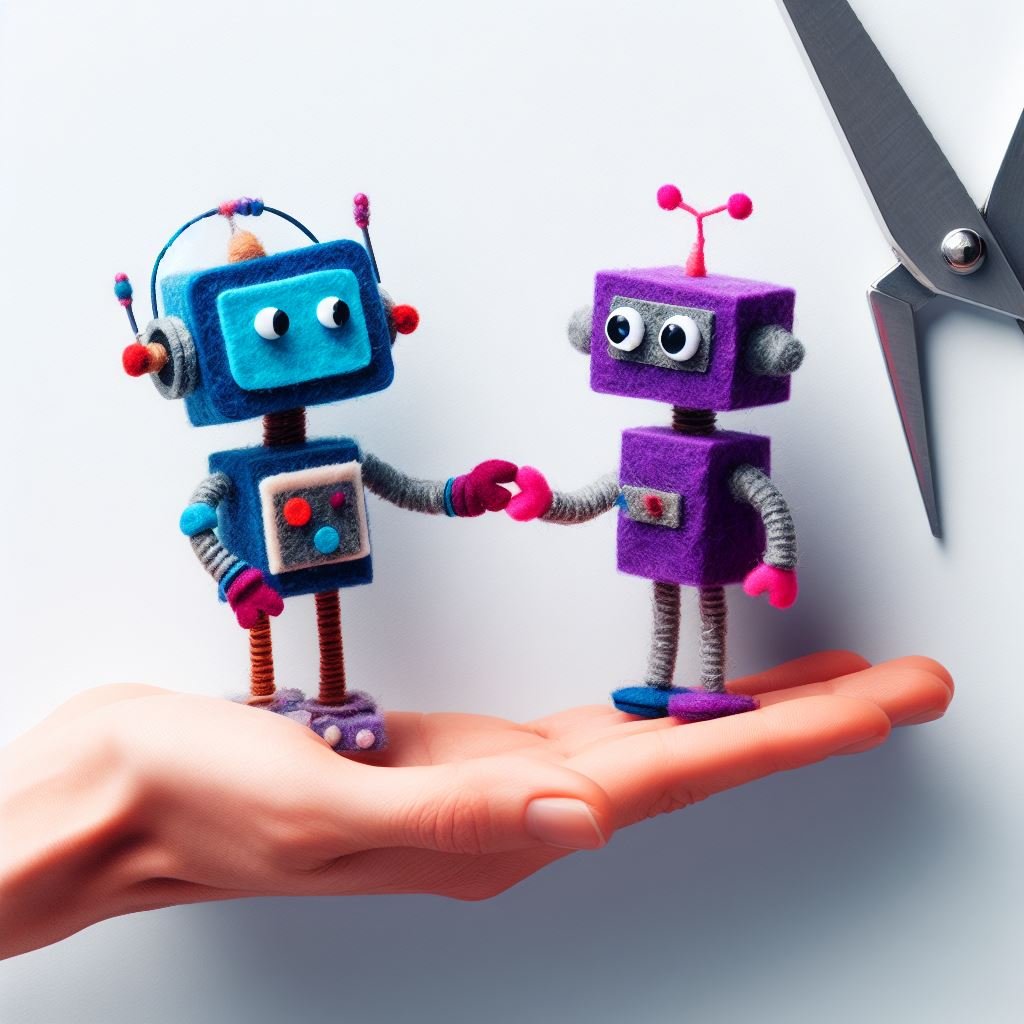Automation and robots are transforming numerous industries, and software development is no exception. From continuous integration and deployment to automated testing, automation is changing the landscape of software development, increasing efficiency, reducing errors, and freeing developers to focus on more complex and creative tasks. Below, we explore how these advancements are reshaping the world of software development.
Autonomy and Efficiency through Automation
In the realm of software development, automation is used to perform repetitive and high-frequency tasks that would otherwise consume valuable developer time. Examples include code compilation, test execution, integration of new features, and software deployment in a production environment.
The adoption of practices like Continuous Integration and Continuous Delivery (CI/CD) is a testament to the power of automation in software development. These methodologies involve automating stages of the software development lifecycle to enable rapid and frequent delivery of code changes to production. This not only accelerates the development process but also helps detect and resolve issues more quickly, as each change is tested and validated immediately.
The Arrival of Code Bots
Alongside traditional automation, we are witnessing the rise of software robots or "code bots" in software development. These bots can perform tasks such as reviewing code for errors, generating code for specific tasks, and even suggesting code improvements.
For example, code review bots use machine learning techniques to identify code errors and propose corrections. These bots can detect anything from syntax errors to more complex issues like memory leaks and violations of coding best practices. By automating the code review process, these bots not only increase efficiency but also help improve code quality by identifying issues that humans might overlook.
On the other hand, code generation bots use AI techniques to automatically generate code from high-level specifications. This allows developers to focus on software architecture and design, while the bot takes care of implementation details.
The Promise and Challenges of Automation
While software automation and robots offer tremendous benefits, they also present challenges. One such challenge is the question of responsibility: if a bot makes an error, who is accountable? Additionally, as bots become more sophisticated and start performing more complex tasks, developers may need new skills to interact and work effectively with these bots.
Moreover, automation and software bots cannot (at least for now) replace the creativity, intuition, and human judgment that are crucial in software development. A# I will use the browser tool to gather recent information about how automation and robots are transforming software development.
In Summary: Automation and robots are changing how we develop software, providing efficiencies and new possibilities. However, it's crucial to consider and address the ethical challenges and questions that arise with these advancements.





